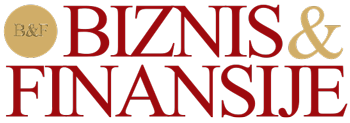
There is „poison in containers“ arriving at European ports, warns French daily Le Monde. Out of a million containers unloaded each week, the paper explains, „15 to 20 per cent contain fumes that are extremely dangerous, carcinogenic or neurotoxic“ and these substances „endanger a whole series of people, from workers […] to the consumers themselves.“
The presence of the fumes is, in part, explained by fumigation operations aimed at „eliminating moulds and vermin during transport“. Another reason for the presence of these poisons: the goods themselves release gases and vapours. Clothing made in Asia often contains benzene- and toluene-based solvents, both of which are carcinogenic.
Although France began taking measures in 2011 to diminish the health risks linked to exposure to the toxins, including a minimum airing time and the use of masks, gloves and goggles, these are deemed „insufficient and ill-adapted by the trade unions,“ Le Monde notes, comparing the French case with the situation in Belgium and the Netherlands:
Agreements between employers and unions require that the level of the fumes be monitored systematically as soon as their presence is suspected. Dutch customs officials require a certificate confirming the absence of toxic fumes time-stamped less than two hours before their services are called upon. Jan De Jong, leader of Dutch trade union confederation FNV Bondgenoten is calling on governments to go further by taking action at the source to ban certain chemicals world-wide.







